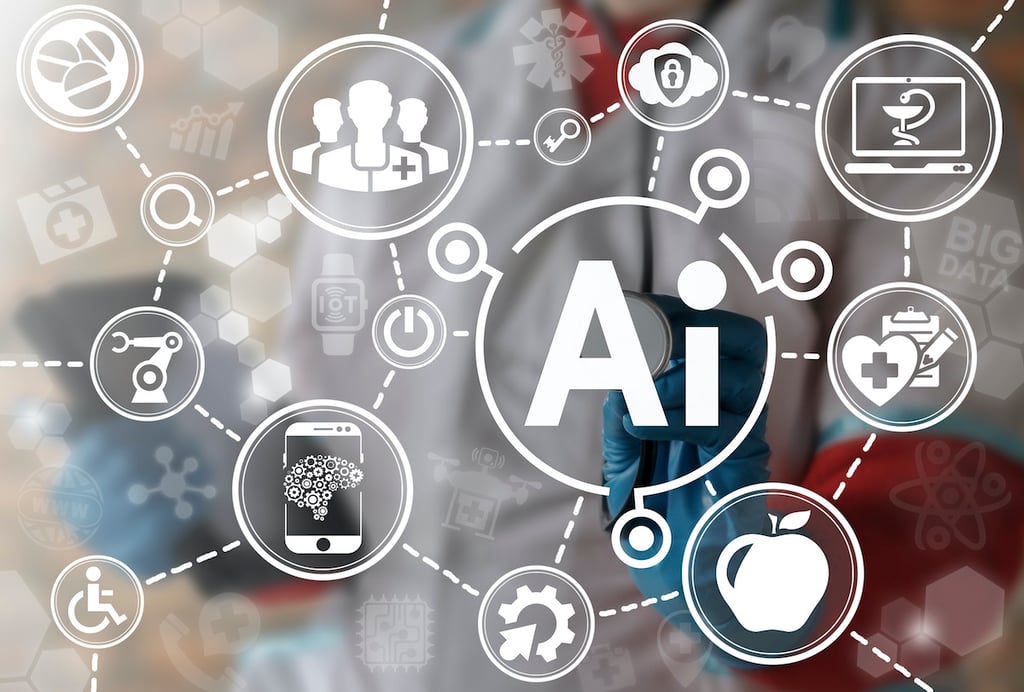Most of the digital assistants that are currently in the market suck, just to different degrees. The Amazon Echo, with Alexa, isn’t bad, but it really isn’t that smart and outside of asking about music, weather, and doing some IoT stuff, it really isn’t much of an assistant (it does help with personal shopping). The Google Home is smarter, but you have to launch it with the annoying phrase “OK Google,” and it is far more limited with regard to IoT control and shopping. The Apple HomePod is a bad joke, but a great speaker. Siri is by far the weakest assistant and she is also the oldest. Up until recently, Tim Cook didn’t seem to care about Siri at all. And none of these things are designed for business, where the loss of secretaries and executive assistants has left huge gaps that digital assistants, the right kind of digital assistants, could fill.
Well, at Think 2018, IBM CEO Ginni Rometty spoke about the IBM Watson Digital Assistant, and this has the potential to be as far above the others as the Boston Robotics dog is above the original Sony Aibo. (I should point out that the new Aibo is actually pretty impressive but the Boston Robotics stuff crosses over into frightening.)
Let’s talk about the IBM Watson Digital Assistant.
Watson Digital Assistant Near Term
I’ve been following IBM Watson for some time and, this week, I met with one of IBM’s partners on Watson, Darwin Ecosystem, which got me thinking about this Watson Assistant again. Darwin does personality analytics, which is used at scale to assure that employees don’t burn out and are placed in jobs where they can be successful.
Imagine being able to ask your digital assistant which employees desperately needed help, or which ones are outperforming their peers. Then imagine getting answers that would help you provide that needed help in a timely manner and replicate the successful behaviors through coaching with your other employees.
This is just one of the massive number of skills Watson has been developing that could then be applied to make employees and their managers more effective. Another area that could cross from business, to health care, to homes is Watson’s now massive medical knowledge.
One of the most impressive Watson demonstrations I’ve seen, and this was years back, was a doctor replicating analysis that had taken him three years to properly treat a woman who was suffering. Watson took something like 15 minutes to come to the same conclusions from the symptoms he started with. With a simple camera and a set of questions, a Watson Assistant could help direct you or your doctor through massive amounts of medical data to provide diagnostic choices that would help you, your patient, employee, or customer feel and get better.
This same type of in-depth diagnostic data coming from the auto industry could help fix your car more quickly, or guide you into fixing it yourself, and tied to head-mounted AR computers could guide you through technical equipment, aircraft, or structural repairs or assembly.
Wrapping Up: Into the Future
But let’s expend from what is currently possible with this assistant to what it could evolve into. As I write this, I’m listening to the Star Trek medley from the Danish National Symphony Orchestra, but given that the Watson Assistant should be able to measure my moods, imagine that it could choose music for me, intuitively selecting music that would improve my mood and help me focus. But that too is a relatively near-term possibility. Let’s go out further, into around 2025.
One of the demonstrations I recently saw at NVIDIA’s GDC conference was a Star Wars segment not only generated by an AI but with music that was also written by an AI (yes, that wasn’t real actors, that was all computer generated). NVIDIA is a huge IBM partner. Now imagine that a future Watson Assistant could create media from scratch that was uniquely designed to take my mind off problems, highlight visual solutions to problems in entertaining ways, and even train me in things I needed to learn for work or just for a more interesting life.
These Watson Assistants will increasingly know more about us than we know about ourselves and have the knowledge of the world behind them. They should be able to better protect us from harm, better assure that our decisions are based on real facts and not fake news, and mold us into better versions of ourselves. Generating an avatar we can talk to is also possible, as showcased with Microsoft’s Cortana back in 2017 (I still want one of these). With it, we can have more natural conversations (though it strikes me that Watson will need a more Cortana-like appearance by then, as talking to an abstract picture will likely get old).
The only assistant that is currently truly in this hunt is the IBM Watson Digital Assistant and, I expect, it will eventually be our bridge into that future. Thank heavens IBM is a strong believer in AI assistants and not AI replacements for us.
So, while Watson’s Digital Assistant is business only, she has the capability of much more, and I expect that IBM’s partners will find a way to take us there. I can hardly wait.
Rob Enderle is President and Principal Analyst of the Enderle Group, a forward-looking emerging technology advisory firm. With over 30 years’ experience in emerging technologies, he has provided regional and global companies with guidance in how to better target customer needs; create new business opportunities; anticipate technology changes; select vendors and products; and present their products in the best possible light. Rob covers the technology industry broadly. Before founding the Enderle Group, Rob was the Senior Research Fellow for Forrester Research and the Giga Information Group, and held senior positions at IBM and ROLM. Follow Rob on Twitter @enderle, on Facebook and on Google+










